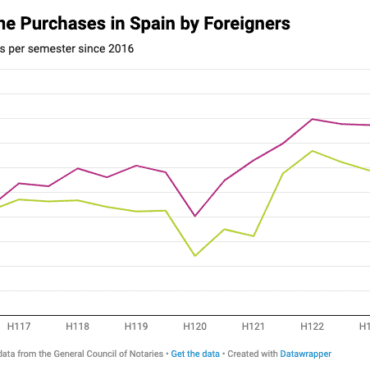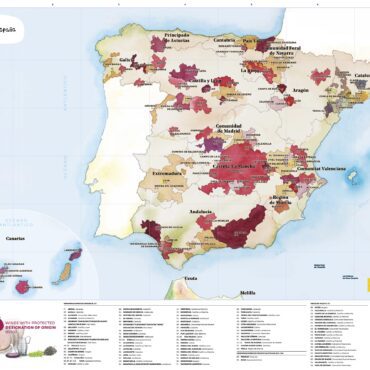-
 play_arrow
play_arrow
BayRadio Listen Live Broadcasting in Spain
Spain’s regional education chiefs say they have no plans to reopen public early education classrooms


Spain’s regional education chiefs say they have no plans to reopen public early education classrooms, for children up to six years of age, before the end of this academic year.
The move rejects a proposal made two weeks ago by Prime Minister Pedro Sánchez, of the Socialist Party (PSOE), suggesting that parts of Spain moving into Phase 2 of the coronavirus deescalation plan could open up their classrooms for young children whose parents cannot work from home.
This phase will come into effect on May 25 in parts of Spain with improving coronavirus figures.
The regional chiefs said that they don’t believe it would be possible to maintain social distancing rules with such young children.
The sole exception is the Basque Country, which last week presented a plan to reopen education centers for children up to two years of age.
Sensors are being installed on beaches in Spain to enforce coronavirus social distancing by warning tourists when they are becoming overcrowded.
A beach in the popular tourist city of Fuengirola on the Costa Del Sol is reportedly the first in Spain to have the artificial intelligence system installed.
Scanners fitted to lamp posts will monitor the numbers of people on the beach and then inform tourists via a smartphone app which areas are busiest.
A programme divides the beach into virtual squares between the sensors which measure the numbers of people entering and leaving the area at all times.
It comes as a regional leader claimed that the islands of Ibiza and Majorca, which are thronged with tourists every summer, are ‘safe’ for visitors.
Francina Armengol, the president of the Balearics Islands – which also include Minorca and Formentara – said the destinations were looking forward to welcoming back international holidaymakers as well as Spaniards.
The face masks that the Madrid regional government has been distributing for free this week do not meet European Union regulations, according to the Business Association of Personal Protective Equipment (Asepal).
The packaging of the products has the CE sign, which indicates that they comply with EU regulations but it’s claimed in the Spanish press, the certification is false.
Written by: BayRadio News
Similar posts
Recent Posts
- Robotic Surgery for Prostate Cancer: What Is Radical Prostatectomy and How Does the Da Vinci Robot Improve It
- What Is Fibromyalgia? Symptoms and Treatments of an Invisible Illness That Requires Specialized Attention
- AMASVISTA Glass: 10 reasons to choose SUNFLEX glass curtains
- Robotic Surgery, Immunotherapy and Comprehensive Care Take Centre Stage at Pancreatic Cancer Conference at Quirónsalud Torrevieja
- Robotic Surgery Against Ovarian Cancer: Greater Precision, Less Pain and Faster Recovery

Ctra. Cabo La Nao, CC La Nao, Local 6 03730 Javea, Alicante, Spain
Advertise with us
Do you have a business in Spain? Do you provide a service to the expat community in Spain? Would you like your message to reach over 500.000 people on a weekly basis?
BayRadio is a community orientated radio station offering fantastic content to our many listeners and followers across our various platforms. Contact us now and find out what Bay can do for you!
Our business is helping your business grow.
BAY RADIO S.L. © 2024. ALL RIGHTS RESERVED. WEB DESIGN BY MEDIANIC







